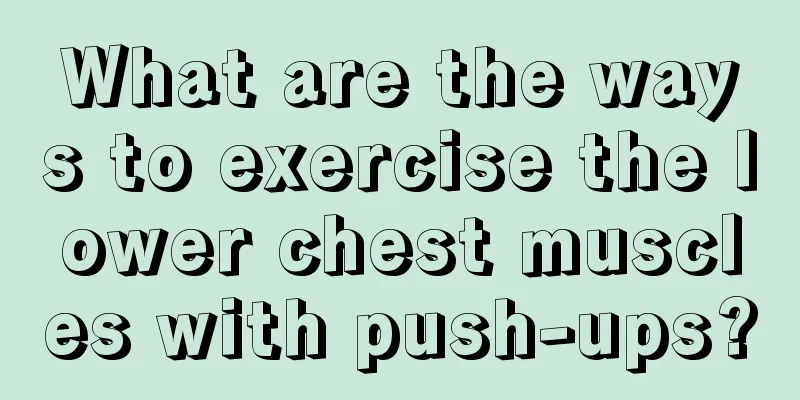Why don’t I lose weight after exercising?

|
Many people want to lose weight through exercise, but after a week of exercise they find that their weight has not decreased but increased. This result surprised many people, and it also made many people wonder whether exercise can help lose weight. At this time, most people will choose to give up the method of exercising to lose weight. Today I want to tell you not to give up. Friends who want to know the reason, let’s take a look together. Exercise plays two important roles in weight loss, including: 1. Directly consume a large amount of calories, oxidize fat, and reduce weight 2. Increasing the body's metabolic consumption and increasing daily energy consumption can also achieve the goal of losing weight. It seems that under the influence of these two points, if we do not lose weight after exercise, it is already a "serious sin". Why do many people find that their weight has increased significantly after exercising for a few days? In fact, if you did not exercise before and then suddenly gained weight after exercise, it is not mainly because of the increase in fat. The main reason is the increase in glycogen and water retention in the body. During exercise, our bodies consume a large amount of muscle glycogen and liver glycogen. They are the first substances to provide energy during exercise. Data show that their total reserves in the human body are approximately between 250g and 400g. After exercise, due to the stimulation of exercise, the body generally stores more glycogen than before exercise. Before a competition, professional athletes often follow the following classic diet and exercise schedule: 6 to 4 days before the competition, perform high-intensity, high-volume exercises to consume as much glycogen as possible; 3 to 1 day before the competition, reduce the intensity and volume of exercise, and increase the intake of sugary foods. This arrangement can increase the storage of glycogen in muscles by 1 to 2 times than before, and also provide better endurance performance during competition. After exercise, with a proper diet, liver glycogen will be replenished quickly. During the replenishment process, the body will store a large amount of water in the ratio of glycogen: water = 1:3 (this data is based on the widely cited experimental data from the University of Michigan in 1931, and recent studies have also shown that the exact value of this data should be 1:2.4). That is to say, if you store 100g of glycogen in your body, you also need to store 3 times the amount of water, which means the total weight increase reaches 400g. There is a physiological stage for exercise-based weight loss. Don’t panic when you start to gain weight. As long as you persist, your weight will definitely go down after a while. Believe that you will succeed. There is no more effective and healthier way to lose weight than exercise. So everyone must believe in their own choices and start taking action from today. |
<<: How to stretch your abdominal muscles?
>>: What is the best way to train your biceps?
Recommend
Yoga to remove moisture
Removing moisture is a long-term task. In additio...
Bend your knees 90 degrees
Every part of the human body is very important an...
Pregnant mother did this yoga and immediately had a miscarriage
Practicing yoga can help pregnant women give birt...
What are the correct ways to exercise with dumbbells?
In daily life, most people must be familiar with ...
Why do I feel chest tightness after exercise?
Exercise has many benefits for our body. Regular ...
The role of Latin dance aerobics
Latin dance is a relatively standardized dance. I...
Will hula hoop slim waist rebound?
Many people know the weight loss effect of hula h...
How to do aerobics dance for middle school students
Everyone knows that middle school students are mo...
How can you lift your buttocks while sitting?
Many people think that if they want to lift their...
What are the specific exercises for chest push-ups?
Doing a few sets of chest push-ups every day is n...
What is the best time to exercise?
Many friends in life are doing fitness, because e...
What is the best time to run every evening?
Running is a very good aerobic exercise. People a...
What are the benefits of playing ball?
Among many competitive sports, basketball is a mo...
How to train leg muscles
If there is too much meat on the legs, it is diff...
Ten minutes of yoga in the morning
If people want to have a better figure, they migh...









